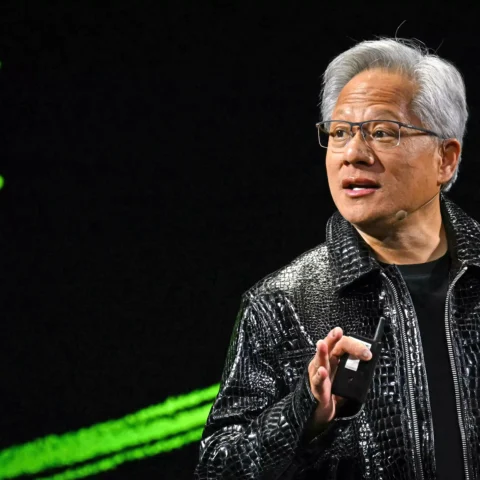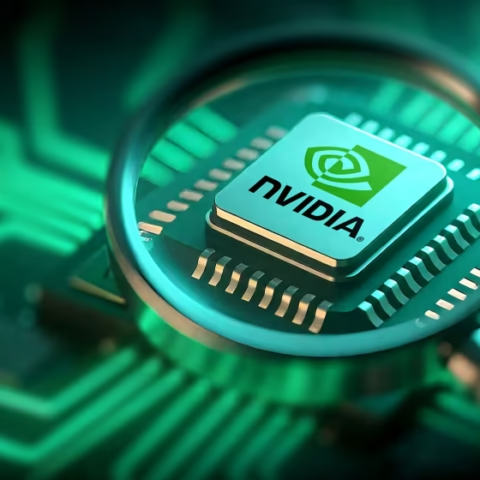Nvidia Chief Executive Jensen Huang recently asserted that artificial general intelligence (AGI) could emerge within the next five years, depending on the definition used to characterize it.
Huang’s remarks were made during an economic forum at Stanford University, where he discussed the timeline for achieving one of Silicon Valley’s longstanding aspirations: creating computers capable of human-like cognition.
Huang’s Assessment of AGI:
According to Huang, the realization of AGI hinges on its definition. He suggested that if AGI is defined as the ability to successfully pass a comprehensive range of human-designed tests, then significant progress could be made within five years.
Huang highlighted advancements in AI’s capacity to navigate various assessments, including legal bar exams, and expressed confidence that AI would continue to excel, even in specialized domains like gastroenterology, within the projected timeframe.
Challenges in AGI Development:
Despite the optimistic outlook, Huang acknowledged that disagreements among scientists regarding the underlying principles of human cognition pose significant hurdles in achieving AGI.
Describing the intricacies of the human mind in engineering terms presents challenges due to the lack of consensus on fundamental mechanisms.
Expansion of AI Industry and Chip Manufacturing:
In response to inquiries about the infrastructure required to support the burgeoning AI industry, particularly in chip fabrication (“fabs”), Huang emphasized the necessity for additional fabs while highlighting the continual improvement in chip efficiency over time.
While acknowledging the need for more fabs, Huang underscored the simultaneous enhancement of algorithms and processing capabilities, suggesting that advancements in computing efficiency would partially offset the escalating demand for chips.




















